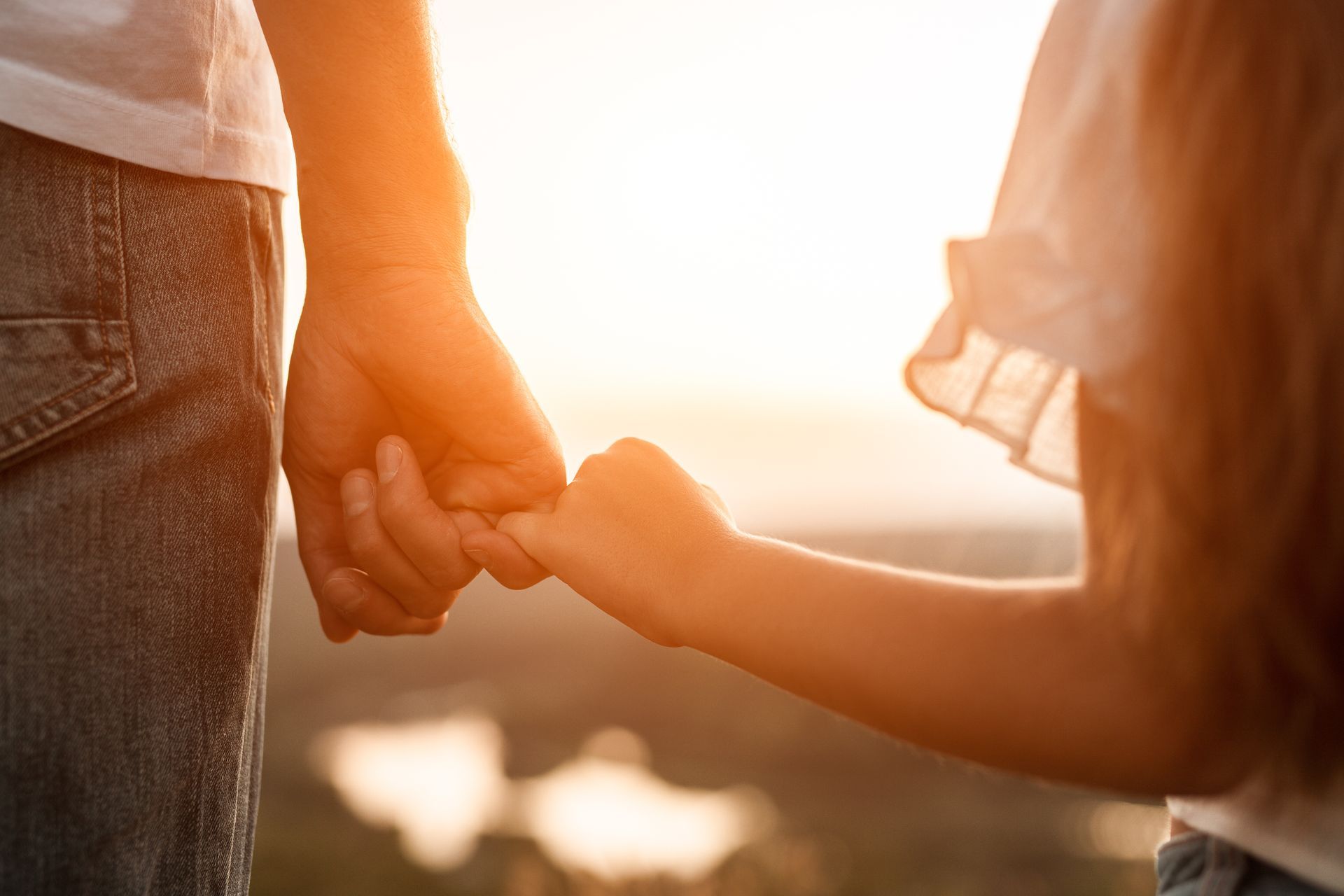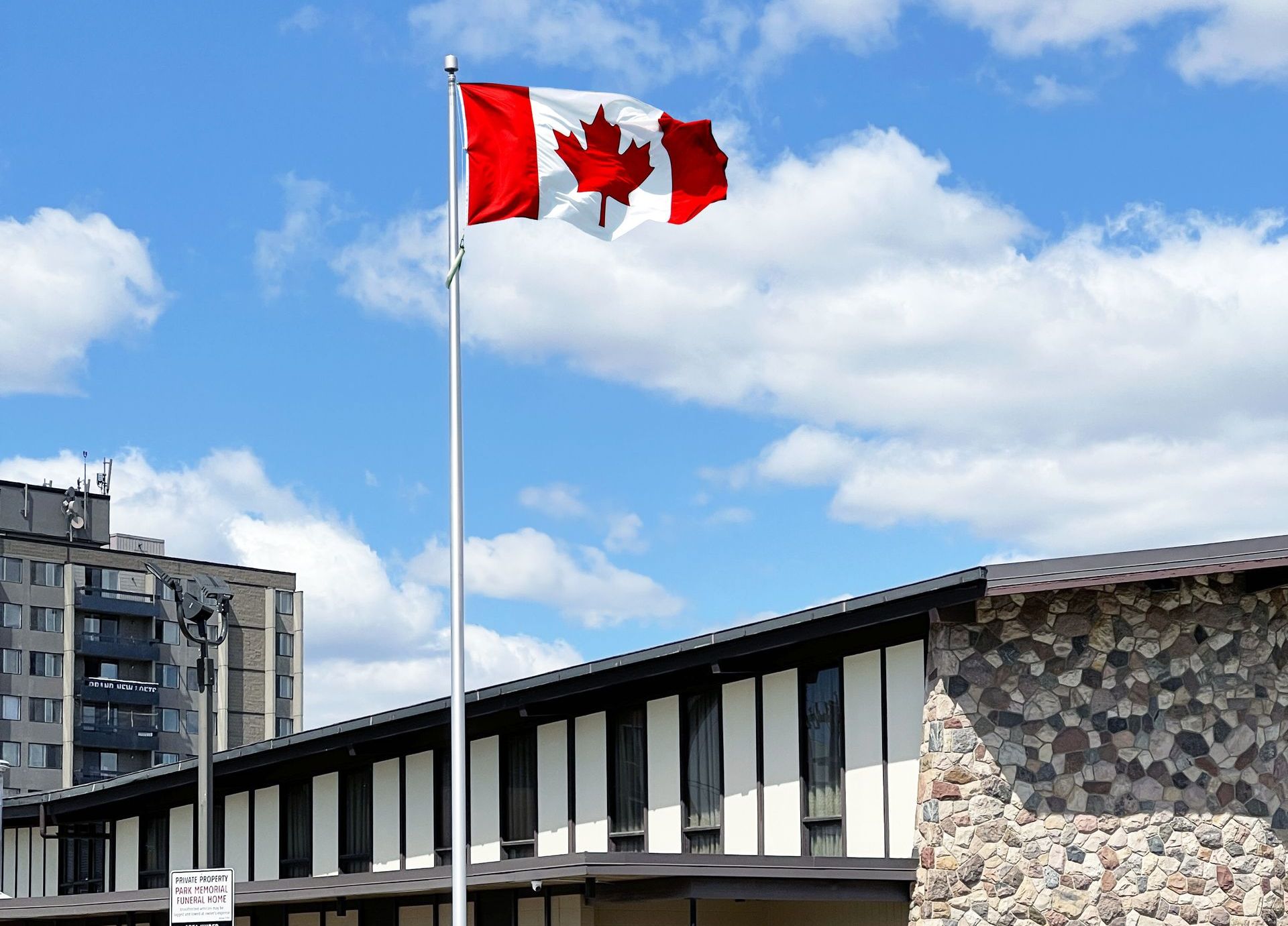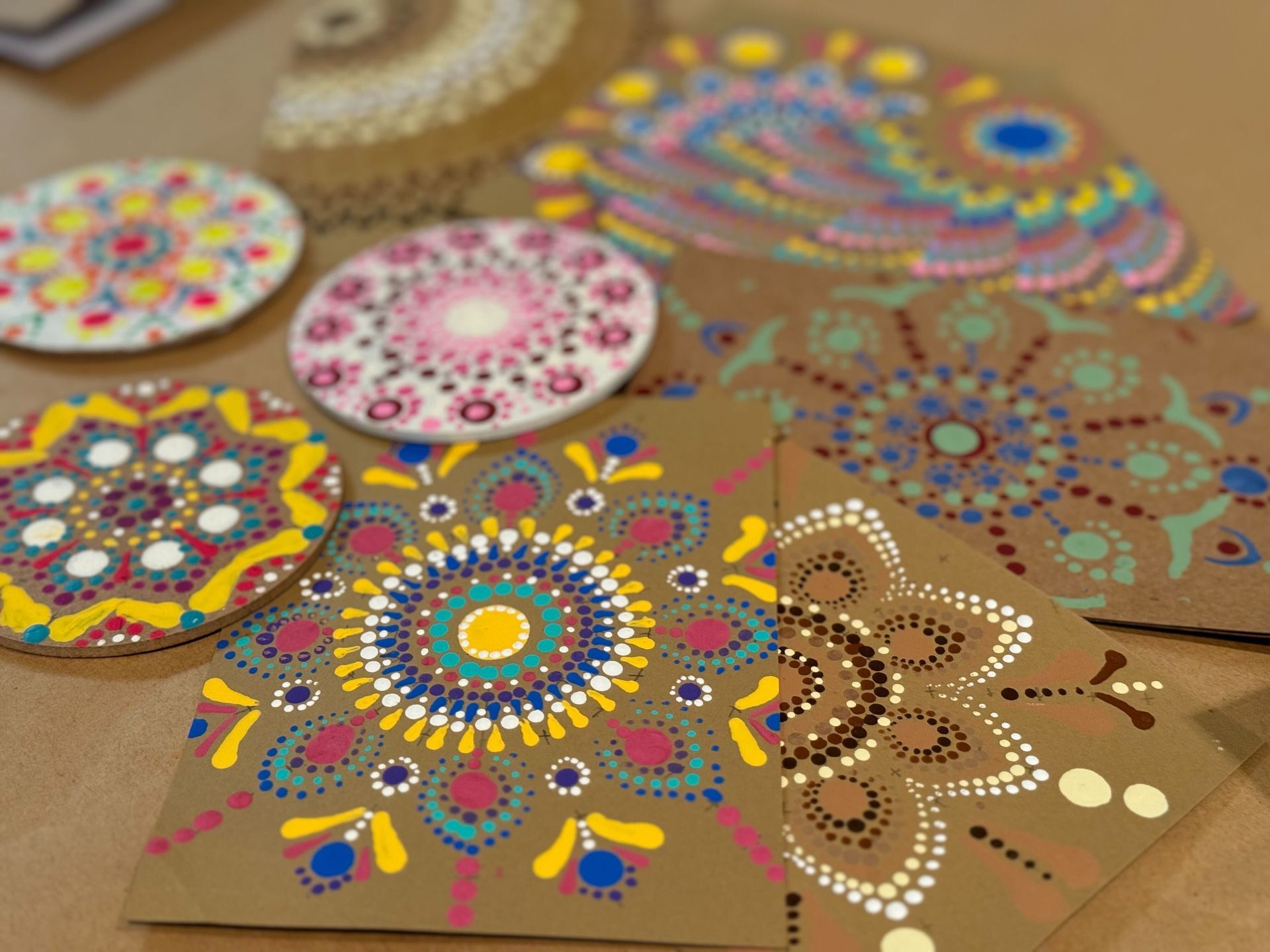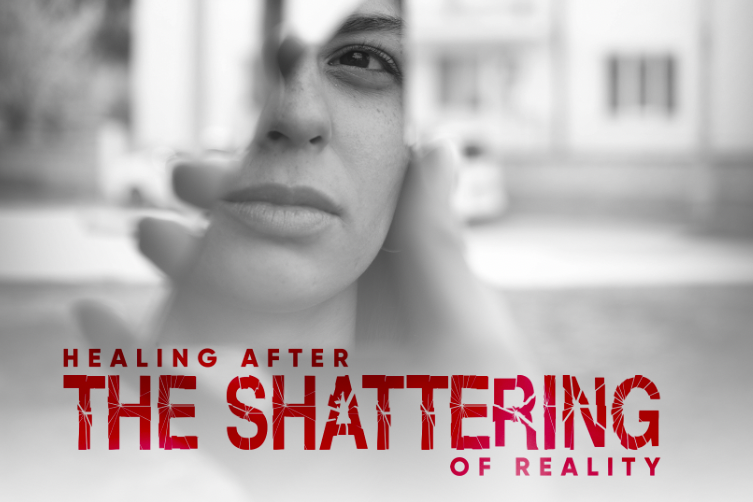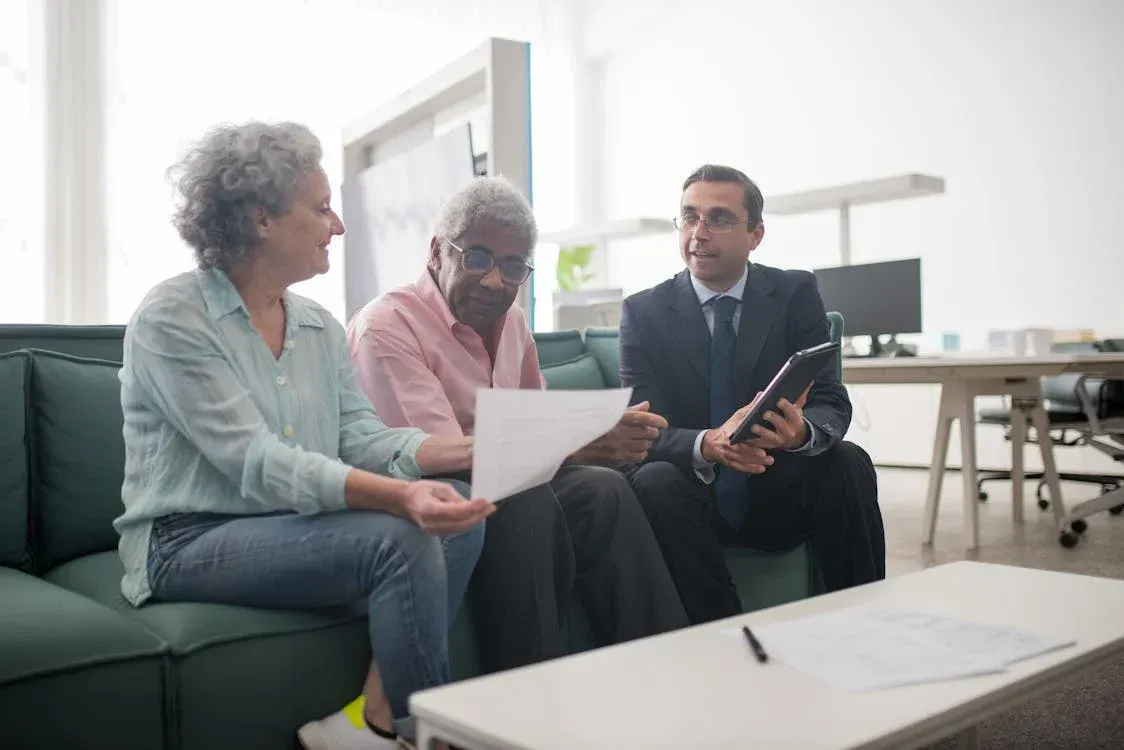Guest Blog: Men and Grief
Navigating Expectations and Authentic Expression
What does it mean for a man to grieve “Correctly?”
Better question… “Who gets to decide what “correctly” looks like for you?
According to grief experts like Dr. Alan Wolfelt, there is no one-size-fits-all model of grief. All of our journeys are unique. And while I know this to be true, the reality is that most men I have spoken to feel a lot of pressure about how they are supposed to grieve. We recently explored this topic at our Connect’d Men’s group meeting, and I wanted to share my experience unpacking grief for men and some of the common themes we heard about grief. I hope you may see some commonalities in your grief journeys and feel less alone on the trip.
Men and Grief: Am I doing it right?
On October 2, 2015, I experienced unimaginable loss. My girlfriend Colleen was murdered by an ex-boyfriend who subsequently took his own life. The grief hit me hard. The pain was real and raw, and the uncertainty of how I would cope added to the weight. I had no frame of reference for how I was supposed to do this. I remember walking into my office immediately after hearing the news, throwing my phone to the floor and crumpling to the ground, exclaiming through tears, “I don’t even know what to do!”
All I knew was that I had a lot of loved ones around to support me. Friends, family and co-workers alike. They constantly console, reassure, and remind me to “be strong.” While these words were meant to comfort me, they only reinforced this unspoken rule to hold back my tears. I can assure you that the last thing I wanted to do was “be strong.” I wanted to curl up in a ball and cry like a baby. I love them all for their intentions of support. However, it makes me sad that our Western culture’s version of “Be strong.” still seems to be interpreted as avoiding, suppressing and sucking it up when it comes to difficult emotions.
Many of the men in our group wondered:
- “Am I doing it right?”
- “Am I grieving enough?”
- “Am I grieving too much?”
- “How do I need to be in order to keep those around me comfortable?”
- “Am I showing up for my loved ones who are also grieving?”
- “How am I supposed to show up for those around me who also need support?”
To understand why so many of us men struggle with how they are perceived while grieving we need to look at the roots of these expectations.
Men and Grief: How did we get here?
As men, there are many historical and cultural pressures on how we are supposed to feel, be, and act. There is a misconception that we need to remain stoic in the face of difficult circumstances. That true strength is shown through mastery of one’s emotions and not allowing oneself to be swayed by grief or joy.
Cultural representations in media
Hero Archetypes: Popular culture has reinforced these standards through stoic male heroes who endure hardships without showing any emotion. From classic Westerns featuring characters like John Wayne to action films with protagonists like James Bond or even more modern heroes like Jason Bourne, male figures have been portrayed as emotionally impenetrable, setting unrealistic standards for male behavior.
Shift in Narrative: Although there have been changes in recent years with more complex and emotionally open male characters, these older archetypes still contribute to societal pressure for men to grieve privately or suppress emotions.
Religious and Moral Teachings
Many religious teachings have historically emphasized male leadership, strength, and emotional control. Phrases such as “Be strong and courageous” have been interpreted to discourage men from openly expressing grief or vulnerability.
Impact on Community Expectations: In religious and moral contexts, men were often expected to be their families’ spiritual and emotional pillars, minimizing their grief to support others. These expectations can lead men to believe that admitting emotional pain is some kind of moral failing, leading to an invisible spiral of additional grief or shame.
Workplace and Productivity
The Industrial Revolution shifted the focus to men as the primary breadwinners. This reinforced the idea that emotions were a distraction from productivity. Men were expected to show up and do the work unaffected by any personal turmoil in their own lives.
Modern Day: Today, there is much less pressure on men to be the primary providers. However, almost all of the men I talk to still strongly desire to be the producers, providers, and performers. These lingering beliefs still shape how men see their roles despite the more open conversations encouraging emotional openness.
Men and Grief: Where are we now?
When Colleen was killed, a friend shared with me a letter written by Ram Dass to the parents of a young girl who had been killed. One line that deeply resonated with me:
“Now is the time to let your grief find expression. No false strength.”
This phrase challenged everything I had previously believed about what it meant to be a “strong man.” In that moment, I understood that my path to healing was through expression, not suppression. I realized then that strength wasn’t about hiding, burying, or suppressing how I felt. True strength was about having the courage to “let my grief find expression.” That meant sharing my story and creating a space for men to explore their emotions actively.
Many of the men in our group shared feelings of guilt or inadequacy in how they were grieving. The struggle with not feeling weak when expressing vulnerability was real for all of us. We shared how it felt to be unsure how to support those around us who were also grieving. We talked about performing to meet what we believed were societal expectations.
One of the things I found most interesting as we unpacked what it was like to grieve as a man was that most of these expectations were self-imposed and rooted in internalized beliefs absorbed from the media, culture or our upbringing. Most of us agreed that letting go of perceived expectations and showing up authentically was a powerful way to grieve. This collective realization gave some powerful insights into how we each approached our individual grief and left us with a shared sense of validation.
Men and Grief: Those around us
We discussed that most of us do not know how to show up for others when they are grieving. It can be awkward and uncomfortable for those around us when we are in the midst of our grief. There was a consensus that we felt like we did not want to be a burden to those around us. Many of us felt obligated to “keep it together” so others would not be uncomfortable.
We shared frustration with those around us who could not show up for us when we needed them. I know I have many personal stories of those closest to me who did not know how to show up, yet some acquaintances, who I least expected it from, showed up powerfully.
One of the most memorable moments was when two of my teammates, instead of asking what I needed and putting the burden of support on me, simply messaged, “Are you home tomorrow at 11? We’re bringing coffee and donuts.” And they did just that—they showed up and sat with me for a few hours.
We talked about having empathy for those folks and that we are never taught “how to support someone who is grieving” any loss. Understanding that their discomfort often stems from their own fears about grief can help release some of that frustration. For me, my mantra when it comes to others is simple: Surround yourself with those who “get it” and have empathy and forgiveness for the ones who do not.
Men and Grief: The Bottom Line
Whether you’re grieving the loss of a loved one, the dissolution of a relationship, the loss of a job or even an unmet expectation, grief is different for all of us. There is no “right” way to grieve, just your way. Surrounding yourself with others who let you drop all the armour and all the masks we tend to wear as men is incredibly powerful. Finding ways to articulate your grief and experimenting with what “Letting your grief find expression” means were meaningful ways the men in our group navigated their grief.
True healing comes when we permit ourselves to grieve as we are rather than as we think we should. Allowing ourselves to be seen in our grief is not a weakness; it’s a profound act of courage that opens the door to genuine healing.
To access Mike's original post, please click here.
To read more about our Men's Grief support events that Mike helps to facilitate, please click here.



